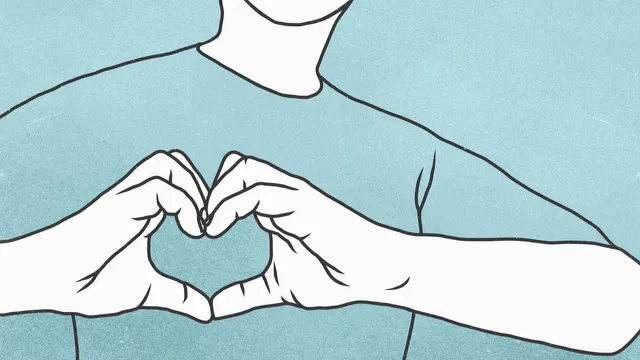Understanding another person's feelings is defined as empathy. Putting yourself in another person's shoes is empathy. Empathy is said to be divided into three types. Experiencing another person's feelings is emotional empathy. In other words, we should feel another person's pain within ourselves. Seeing someone happy makes us happy. These cases can be seen as emotional empathy. Emotional empathy is based on other people's feelings. Cognitive empathy is understanding what other people are thinking. Cognitive empathy is rational. Feeling the need to help other people is defined as empathic compassion. This motivates us to take action.

Empathy is crucial for society. Without empathy, no society is healthy and sustainable. People must understand each other so that conflicts do not arise. In other words, empathy prevents conflict and ensures solidarity and cooperation.
Nevertheless, discrimination, social injustice, and environmental crises exist in our world. Therefore, it is obvious that a lack of empathy leads to division, exclusion, and violence. Developing empathy is necessary to become better people. Without empathy, we cannot strengthen our relationships. Seeing the world from another person's perspective strengthens social bonds and builds trust between people.
When we sense that someone is being treated unfairly, we feel uncomfortable and want to take action. This means empathy is crucial for justice. Empathy supports mental health and solidarity only when there is someone who says they understand us. Today, depression and anxiety stem from helplessness in the face of problems, so we need helpful people who understand us and try to find solutions to our problems.
In summary, empathy strengthens bonds and relationships with other people and motivates us to find solutions to problems in the world. Empathy is understanding other people and experiencing with them. Empathy is good for our mental health. It is a necessity. Empathy reduces polarization